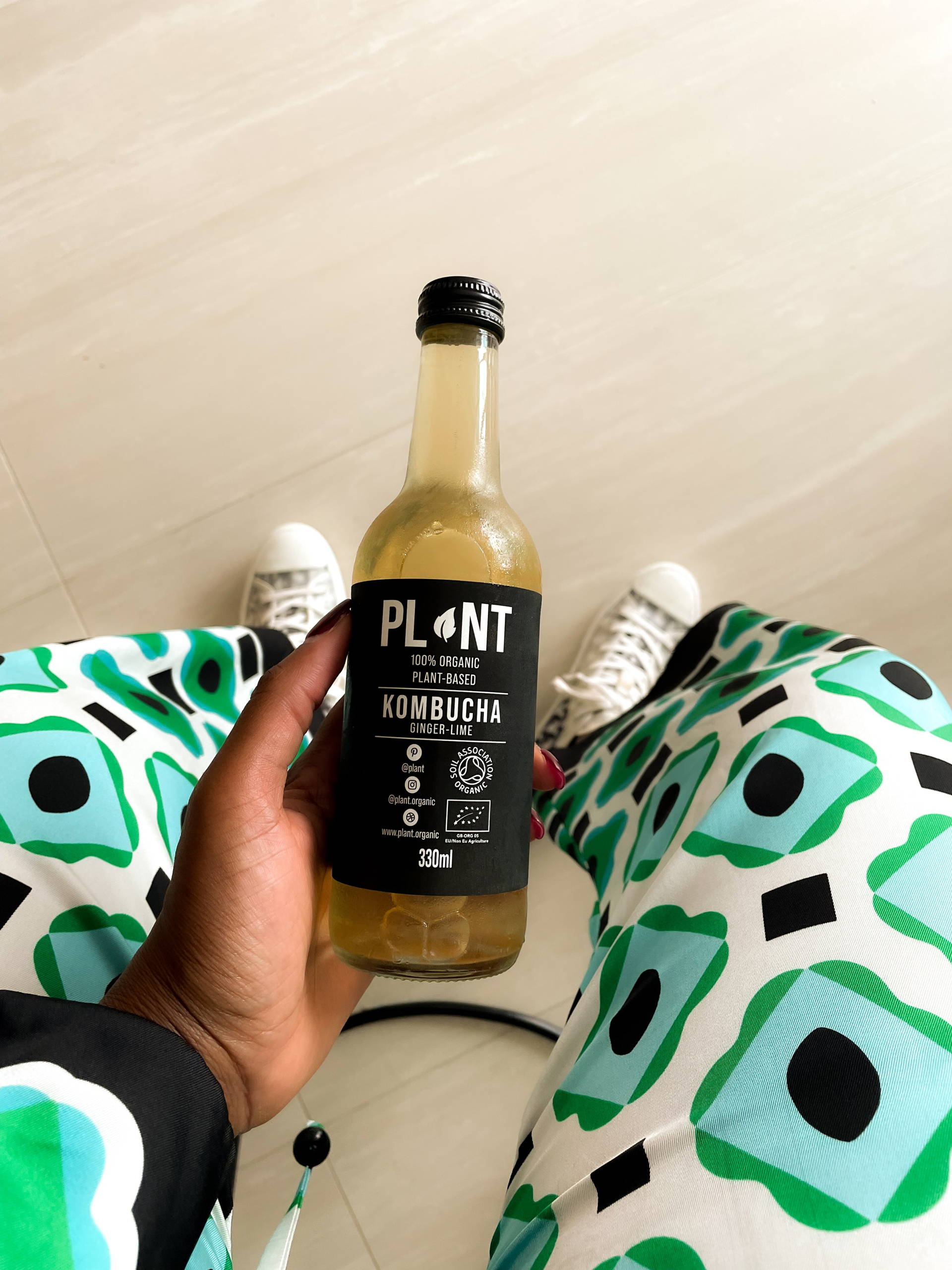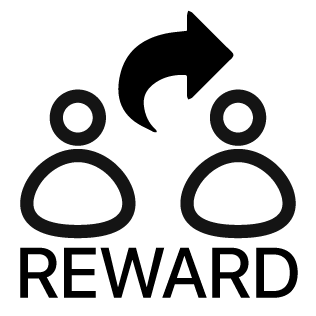Probiotics
An Introduction to Probiotics
How Can Probiotics Help You?
Probiotics Introduction?
Probiotics work in conjunction with Prebiotics. Quite often, probiotics are likened to the ‘fertilser’ to the good bacteria in your gut.
What are Probiotics?
Probiotics are a combination of live bacteria and yeasts. Even though they are forms of bacteria, they play an important role in maintaining the balance in your body. Most commonly, Probiotics are composed of bacteria called lactobacillus and Bifidobacterium. Probiotics are best and most effective when paired with a form of Prebiotics. Kōrure Kiwi Prebiotic is a great source of natural and organic prebiotics.

Benefits of Probiotics
Higher levels of omega-3 have been shown to show many health benefits:
- Reduced risk of cardiovascular disease.
- Reduced risk of blood clots because omega-3 fatty acids help prevent blood platelets from clumping together.
- Keeping the lining of the arteries smooth and free of damage that can lead to thick, hard arteries. This helps keep plaque from forming in the arteries.
- Lowering triglyceride levels by slowing the rate they form in the liver. High levels of triglycerides in the blood increase the risk of heart disease.
- Less inflammation. Omega-3 fatty acids slow the production of substances that are released during the inflammatory response.
Overall, my recommendation is for all of you to increase your intake of omega-3s by eating more omega-3 rich foods. If you are not big on seafood, taking omega-3 supplements is the next best alternative. Please remember to ensure that the seafood of your choice is sustainably caught and is free from heavy metals. If you are unsure which seafood is sustainable and are free from heavy metals - I highly recommend trying green lipped mussels. They are delicious, nutritious and are good for you and the environment.
Sources of Probiotics
Fermented Foods
Yoghurt
Kefir
Kimchi
Sauerkraut
Kombucha

